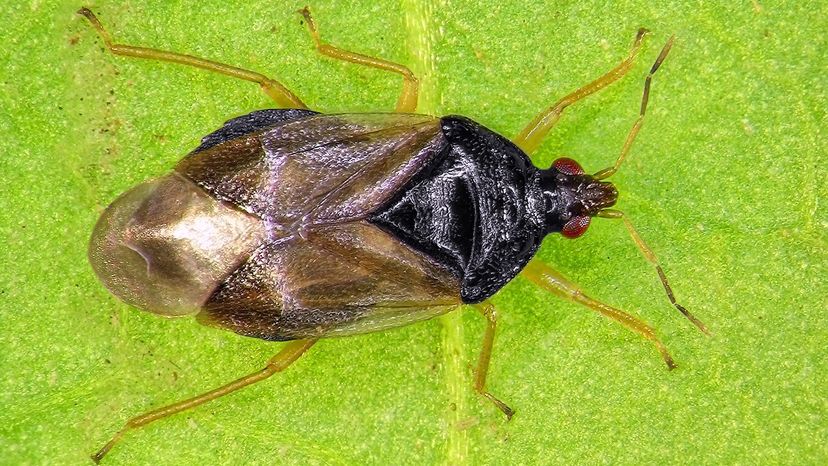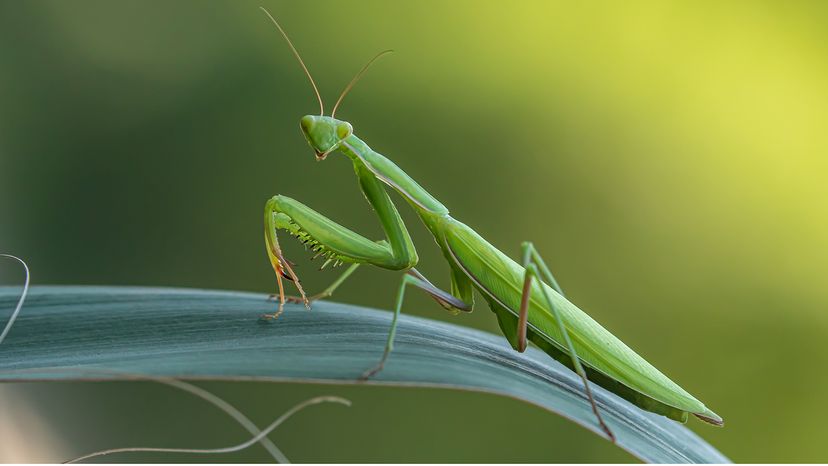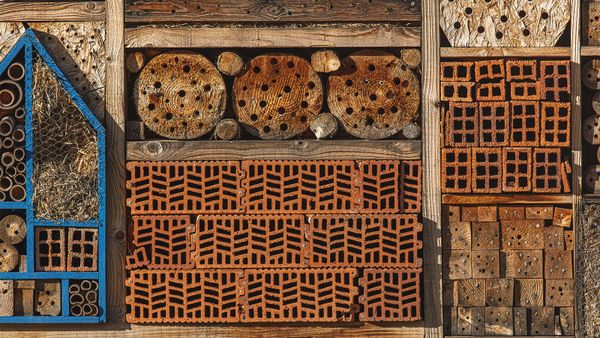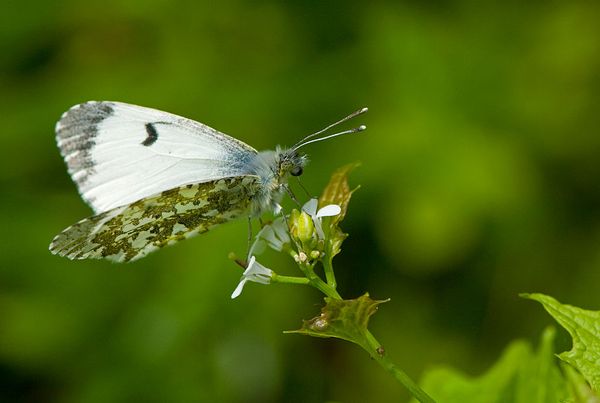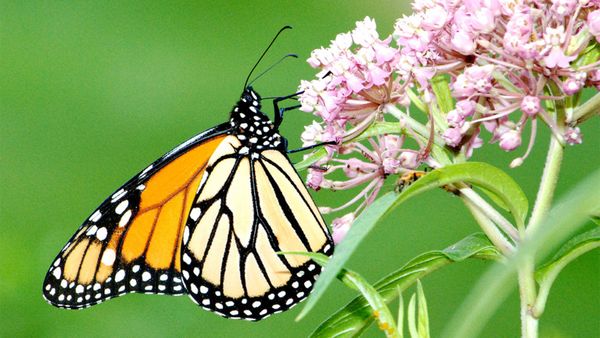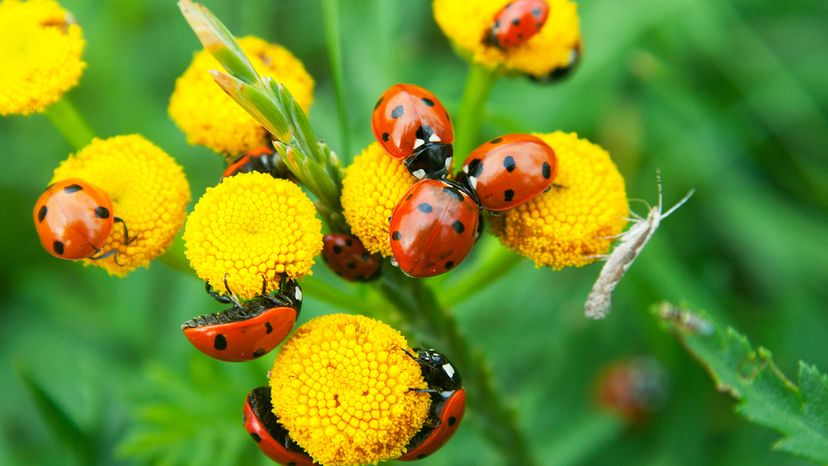
Somehow people got the idea that the presence of bugs in your garden is a bad thing. Sure, some of them eat holes in your zucchinis and infest your dahlias, but spraying pesticides to keep your garden bug-free is far from the answer.
Most insects aren't pests. Of the 1million-ish insect species we know of, only around 1 percent of them are classified as pests. Insects pollinate our gardens, break down waste in the soil and sometimes eat the insects we want to discourage hanging out in our vegetable and flower beds.
Advertisement
They can also protect our crops, and gardeners and farmers have been benefiting from the help of insects for millenia. For instance, when the scale insect called the Australian cottony-cushion scale began to ravage citrus groves in California during the 19th century, the citrus industry introduced the Vedalia lady beetle, a natural predator of the pest.
And though you might not suffer from a cottony-cushion scale infestation in your yard, introducing or attracting beneficial insects might be a good solution for protecting your garden from pests.
Advertisement
